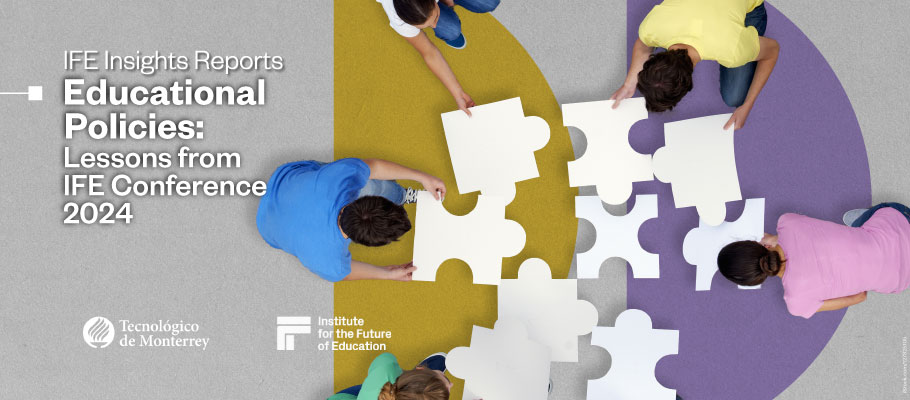
Educational Policies: Lessons from IFE Conference 2024
Constant innovation is necessary in technologies, teaching strategies, and facilities, to name a few. In addition, one of the priority areas of innovation should be educational policy since this area regulates and manages the other areas. Innovation in policies means that schools need to adapt themselves to new generations and the novelties that come with them, as well as what will be expected of them to thrive in the future.
Tecnológico de Monterrey’s IFE Conference 2024 didn’t stay behind and made sure to include a series of conversations dedicated to educational policy. Throughout three days, the Policy Track at IFE brought together many talented people from different universities across the world who work within this field and shared with the audience their experiences and thoughts on related topics such as flexible and responsive education systems, digital and green economy, ethical concerns regarding AI, and modern strategies to implement educational policies. In addition, government representatives were able to shed light on Mexico’s situation regarding current policies.
PDF | Download File get_app
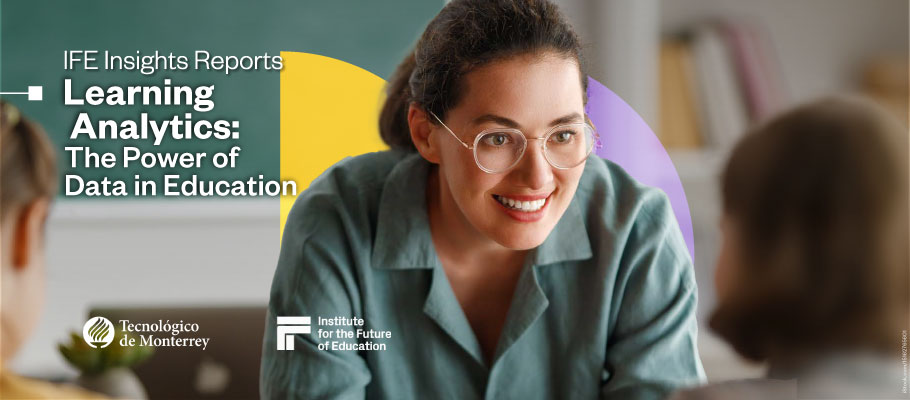
Learning Analytics: The Power of Data in Education
This report focuses on how expectations from parents, communities, and policymakers have changed, demanding greater transparency and accountability in school performance. In response to these requirements, Learning Analytics (LA) emerges as an essential and powerful tool. LA can be used to collect and analyze detailed data on student performance at both the individual and group levels. It goes beyond simply measuring results on standardized tests; it offers a continuous, contextualized assessment of students’ academic and social-emotional progress throughout their academic development. By using advanced data analysis algorithms and techniques, LA tools can identify patterns, trends, and areas for improvement that might otherwise go unnoticed in more traditional assessments.
PDF | Download File get_app
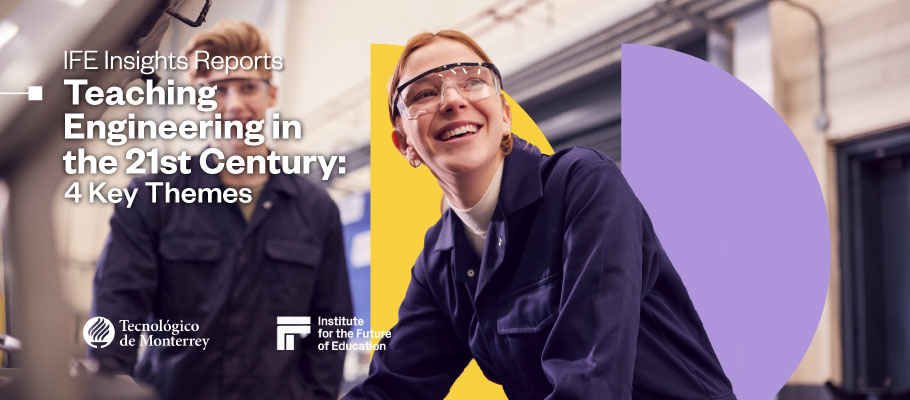
Teaching Engineering in the 21st Century: 4 Key Themes
The WEEF & GEDC 2023 conference, a world-renowned event for engineering schools around the globe, brought together deans from different countries to discuss topics related to the improvement of engineering education and its current challenges, such as the adversities of including Artificial Intelligence in the curricula, the benefits and disadvantages of different levels of transdisciplinary engineering education, the role of women in STEM (Science, Technology, Engineering, and Mathematics) areas and the importance of forming links between industry and engineering schools.
Encounters like this one are the first steps in shaping professionals who will face an unknown future. This space helps to set a precedent in different summits and meetings for leaders around the world, establishing a framework of reference.
Likewise, the forum focused on discussing engineering solutions for some of the UN Sustainable Development Goals (SDGs), establishing that engineering education should aim to graduate students capable of “thinking creatively, improving their skills in emerging technologies, processes and systems, while meeting the daily demands of their jobs.”
PDF | Download File get_app
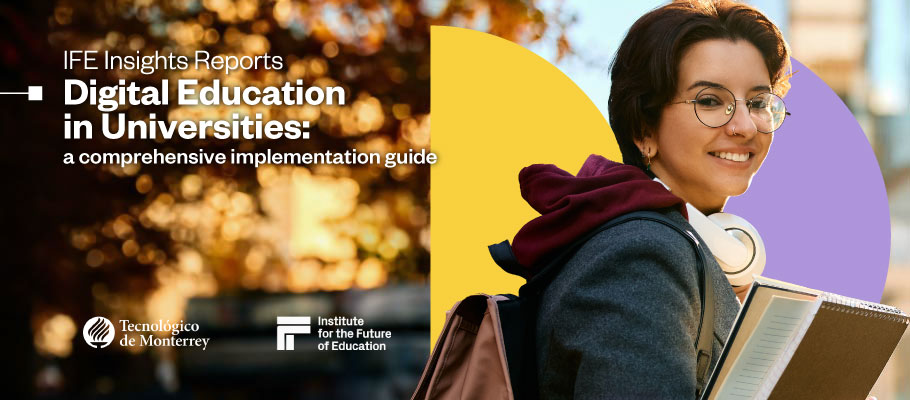
Digital Education in Universities: A Comprehensive Implementation Guide
The importance of digital education lies in its power to empower present and future generations to thrive in a world shaped by technology. By embracing this educational revolution, we open the doors to innovation, creativity, and human progress. However, only through collective commitment and an inclusive vision can we fully harness the transformative potential of Digital Education.
This report explores the multiple facets, challenges and possibilities this educational model presents. It is a journey toward understanding how the fusion between education and technology can shape a brighter, more equitable future for all.
PDF | Download File get_app
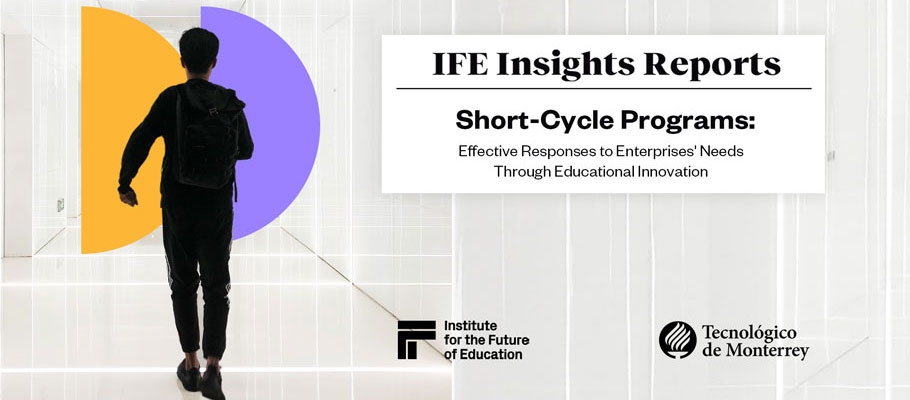
Short-Cycle Programs: Effective Responses to Enterprises' Needs Through Educational Innovation
In a world with rapid changes, where innovation and information are fundamental, at the Institute for the Future of Education we provide specialized knowledge through the IFE Insights Report, a publication where experts analyze relevant topics in educational innovation.
Our goal with IFE Insights Report is to provide readers with in-depth understanding as well as expert insight, which is a valuable source of information and an essential reference for the education sector, effectively contributing to the advancement of education.
Read our first report entitled “Short Cycle Programs: Effective Responses to Enterprises' Needs Through Educational Innovation”
PDF | Download File get_app











